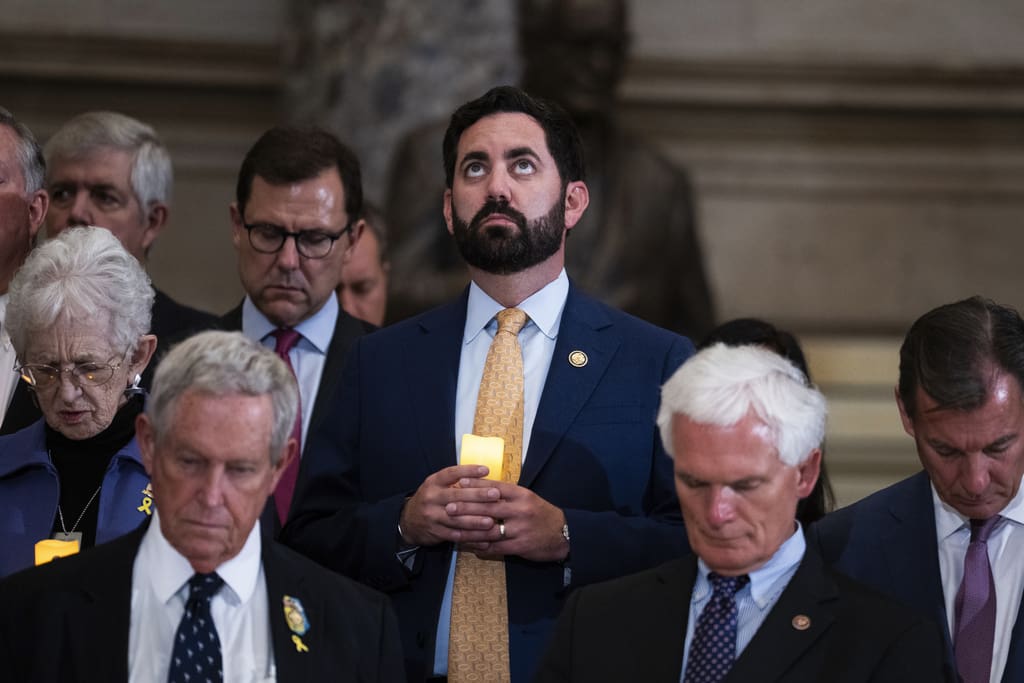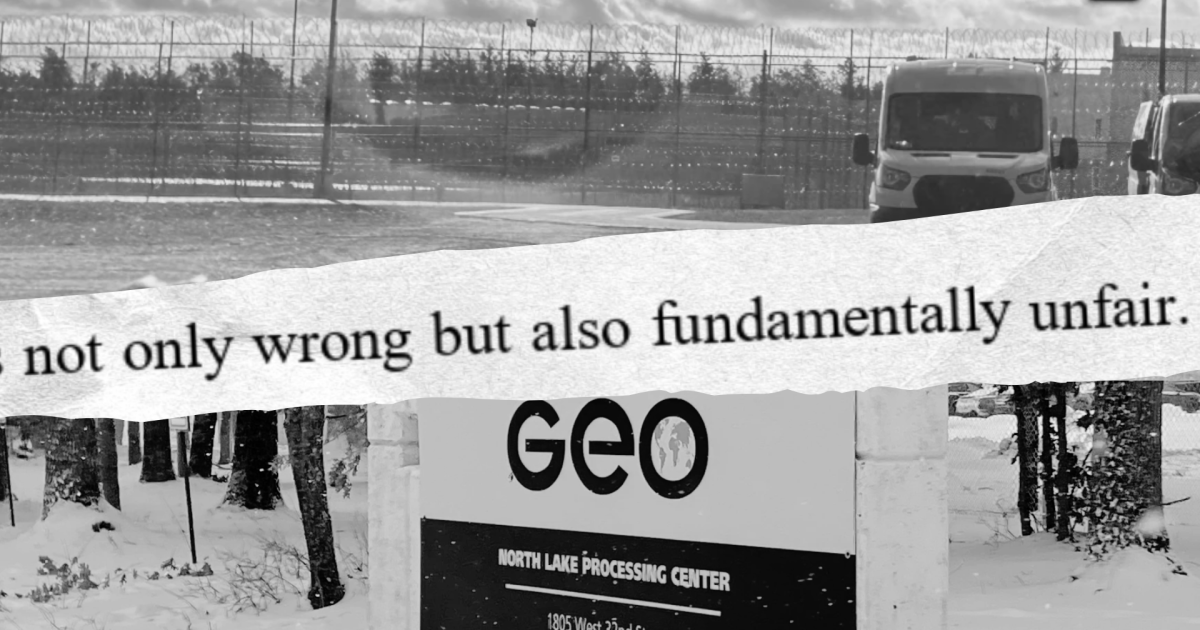Insurance Claim Denials in Arizona: A Growing Concern for Medical Providers and Patients
In Arizona, the challenge of obtaining approval for essential medications and treatments seems to be escalating. Brittany Panico, a rheumatologist from Gilbert, is witnessing a troubling rise in insurance denials that affect her patients with complex autoimmune diseases.
At a recent town hall convened by Arizona Attorney General Kris Mayes, Panico recounted the experience of a patient struggling with severe gout. “It’s the single drug that’s FDA approved for this diagnosis,” Panico stated. “We just got it approved last month. We’ve been appealing since October, so almost a full calendar year of appeals.” In a room filled with healthcare providers, patients, and legal experts, many echoed Panico’s frustrations.
The issue remains significant for many, as untreated chronic conditions can lead to disability. Panico emphasized, “A lot of chronic diseases cause disability if they are left untreated … I have hundreds of these stories.”
In Arizona, the average insurance denial rate stands at 21% for 2023, surpassing the national average of 19%, according to data from Kaiser. Despite efforts to alleviate medical debt for residents, increasing claim denials pose a significant hurdle.
This situation may worsen with a new reimbursement policy from Cigna Healthcare set to take effect. The policy, known as Evaluation and Management Coding Accuracy (R49), could lower reimbursements for medical services based on claim complexity and supporting documentation.
Panico noted, “So instead of us getting reimbursed for the services we provide, they are automatically lowering our (service) worth.”
The denial of medical claims is often attributed to errors in coding, missing documentation, or the failure to meet specific criteria. Communication between providers and insurers often stalls, adding to the frustration. Nancy Higgins from Pioneer Sports and Spine in Gilbert shared her clinic’s woes, detailing how Cigna denied all claims, resulting in a $50,000 shortfall.
While major insurers were contacted for comments, only UnitedHealthcare responded, claiming a 98% approval rate for claims—a figure that could not be verified independently.
Appealing denied claims is a lengthy process, and as Kenneth Mishark from the Mayo Clinic pointed out, “We spend every fifth week basically arguing with the insurance companies.” He added, “There’s subjectivity, and then there’s stupidity, and quite honestly, it’s not absent that they tend to cross that line.”
For smaller healthcare providers, the appeals process is particularly burdensome, often requiring significant resources. Panico explained the impact on her practice: “I pay my medical assistant to sit on the phone for hour after hour; meanwhile, patients are calling asking for help but cannot get through because my medical assistant is on the phone trying to obtain authorization.”
As a result, many healthcare providers are shifting towards cash-pay clinics, which bypass insurance altogether. Panico remarked, “We can’t make a living by helping patients with insurance; we have to have access to revenue through some other way.” This shift, however, limits the availability of insurance-accepting clinics for patients in Arizona.
The Attorney General’s Office plans more town halls to gather input from the healthcare community and possibly pursue legal action against insurers violating the Arizona Consumer Fraud Act. “I do not intend to delay on this,” Mayes stated. “We have already opened an investigation into this. We have attorneys working on this diligently.”
For additional stories from Cronkite News, visit cronkitenews.azpbs.org.
—
Read More Arizona News










